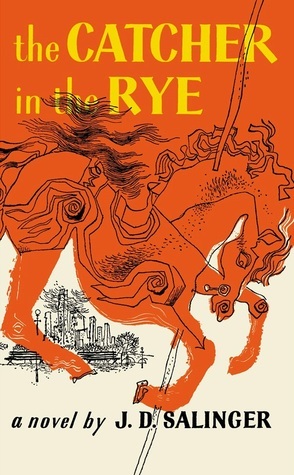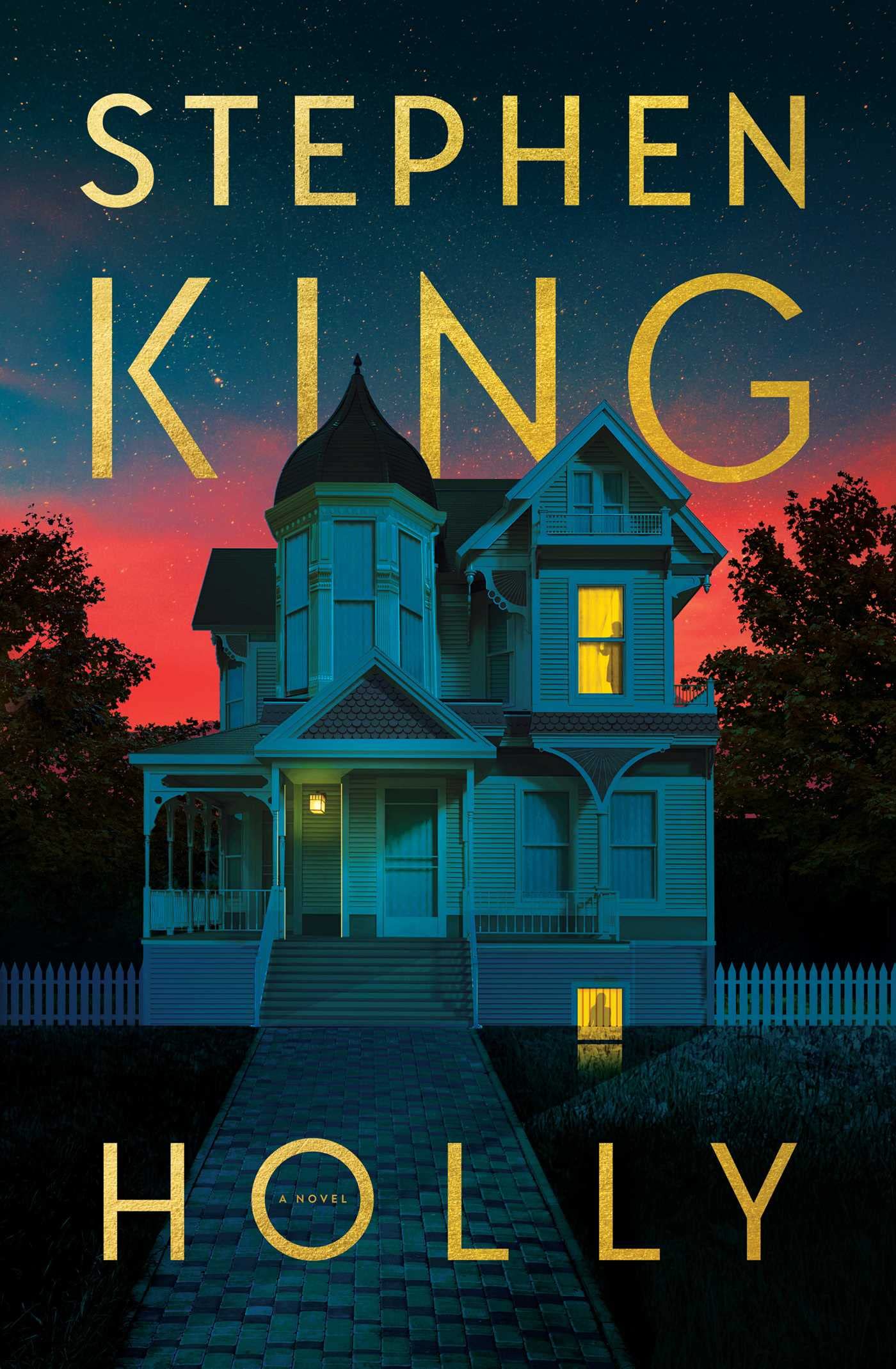Chapter 15: The Fate of the Writer’s Workshop
byOn an unseasonably warm February afternoon, following weeks of relentless winter cold, Chapter 15 of Roddy Harris’s story unfolds as he steps outside with a quiet sense of purpose. His Subaru wagon is coated in a thick layer of salt from the harsh January weather, and he knows that if he doesn’t wash it soon, the corrosive residue will start eating away at the metal. His wife, Em, has already voiced her concerns about his arthritis flaring up, but Roddy dismisses them with a familiar stubbornness—this is his ritual, a small but necessary act of maintenance in a world that often feels like it’s falling apart.
The mild breeze carries the scent of damp earth as Roddy pulls the hose from its winter storage, preparing to begin, when he notices a young woman approaching from the sidewalk. Dressed in a striking red coat that stands out against the dull gray of melting snow, Barbara Robinson clutches a slim folder to her chest. Her presence piques his curiosity, and when she inquires about Em with careful politeness, he quickly surmises that she is here about the Writer’s Workshop—a program Em had once championed but that now hangs in limbo.
Barbara’s posture is one of cautious determination, as if she is bracing herself for potential disappointment yet unwilling to abandon hope. She speaks with quiet enthusiasm, explaining her admiration for the program and her desire to improve her craft, her words tinged with the kind of urgency that only young writers possess. Roddy listens, nodding along, recognizing the ambition in her voice, the same drive he has seen in many before her—some destined for literary greatness, others eventually resigned to the slow erosion of their artistic dreams.
He knows, however, that Em will be the one to deliver the difficult news. The Writer’s Workshop, once a vibrant space for literary minds, has been teetering on the edge of dissolution ever since Jim Shepard’s passing. The faculty’s transition to remote learning had been met with resistance, with many professors comparing the experience to “making love while wearing boxing gloves,” a crude but apt analogy offered by Henry Stratton, the department’s current writer-in-residence. Some, like Em, had tried to keep the program afloat, but interest had waned, and administrative support had dwindled to a trickle.
Roddy glances at Barbara, sensing that she is not the type to give up easily. There is something in the way she carries herself—determined, perhaps a little defiant—that reminds him of the young writers who had once flocked to the program in its prime. He wonders if she is chasing the legacy of literary icons like Toni Morrison or Alice Walker, or if she is still in the process of discovering what kind of writer she truly wants to be. Regardless, he respects her initiative, even as he prepares to let Em handle the details of the situation.
As they stand there, the sound of melting snow dripping from the eaves punctuates the silence between them. Roddy considers telling Barbara what he really thinks—that writing, at its core, is a solitary endeavor, one that persists regardless of workshops or academic institutions. But he holds back, knowing that some lessons must be learned through experience. Instead, he offers her a few words of encouragement, hoping that, even if the workshop falls apart, she will find a way to carve out her own space in the literary world.
With their conversation nearing its end, Roddy turns back to his car, the hose in his hand feeling heavier than before. The act of washing away winter’s grime suddenly seems symbolic, a reminder of how people, like cars, require maintenance and care to withstand the passage of time. As Barbara walks away, her red coat flickering like a flame against the backdrop of the fading afternoon, Roddy watches her go, reminded that ambition, like the changing seasons, always finds a way to endure—even in the face of uncertainty.


